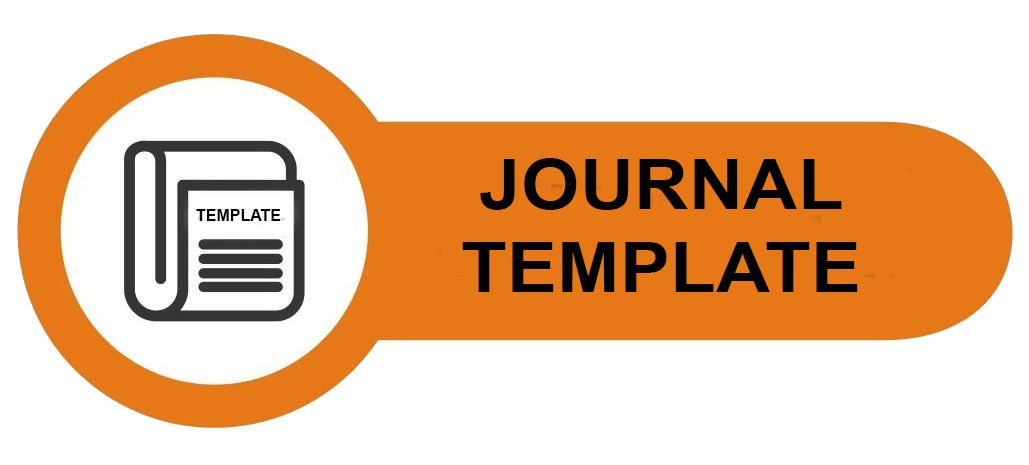POTENSI DAUN WARU DAN KULIT APEL SEBAGAI BAHAN AKTIF HAIR TONIC UNTUK MENGATASI RAMBUT RONTOK
 Abstract views: 1175
,
Abstract views: 1175
,
 pdf downloads: 976
pdf downloads: 976
Abstract
Masalah kerontokan rambut sering disepelekan, karena dinilai wajar dan dialami oleh banyak orang. Padahal permasalahan rambut rontok patut diwaspadai. Kebanyakan orang pada saat ini mengatasi permasalahan rambut rontok dengan menggunakan kosmetik yang beredar dipasaran berupa hair tonic. Jika terlalu sering digunakan, bahan kimia sintetis yang terkandung didalamnya akan berpotensi memberikan kerusakan pada rambut dan kulit kepala. Sehingga, dibutuhkan bahan alami seperti daun waru dan kulit apel sebagai bahan aktif hair tonic. Tujuan penulisan artikel ilmiah ini adalah untuk mencari potensi daun waru (Hibiscus tiliaceus L) dan kulit apel (Malus domestica) sebagai hair tonic untuk mengatasi rambut rontok. Metode penulisan yang digunakan adalah narrative review. Jurnal dan artikel yang diperoleh dari database online dibandingkan kemudian dianalisis untuk mendapatkan hasil yang relevan dengan tujuan artikel ilmiah. Hasil penelitian sebelumnya terhadap daun waru menunjukkan bahwa formulasi hair tonic dalam pengujian penampilan serta aroma memiliki keterangan baik, menarik dan tidak menyengat. Selain itu, juga memenuhi persyaratan dalam pengujian pH, homogenitas, stabilitas dan viskositas. Sedangkan, pada kulit apel yang memiliki kandungan polifenol yang bersifat antioksidan aktif dengan kekuatan 100 kali lebih efektif dibandingkan dengan vitamin C serta 25 kali lebih tinggi dibanding vitamin E dan juga mampu memperkuat akar rambut serta mengatasi ketombe. Pemanfaatan daun waru dan kulit apel sebagai bahan aktif pembuatan hair tonic dirasa efektif untuk menjadi salah satu bentuk perawatan rambut dalam mencegah terjadinya kerontokan rambut.
Copyright (c) 2023 JURNAL TEKNIK KIMIA VOKASIONAL (JIMSI)

This work is licensed under a Creative Commons Attribution-NonCommercial-ShareAlike 4.0 International License.
Copyright Transfer Statement
The copyright of this article is transferred to JIMSI and when the article is accepted for publication. the authors transfer all and all rights into and to paper including but not limited to all copyrights in the Psikostudia. The author represents and warrants that the original is the original and that he/she is the author of this paper unless the material is clearly identified as the original source, with notification of the permission of the copyright owner if necessary. The author states that he has the authority and authority to make and carry out this task.
The author states that:
- This paper has not been published in the same form elsewhere.
- This will not be submitted elsewhere for publication prior to acceptance/rejection by this Journal.
A Copyright permission is obtained for material published elsewhere and who require permission for this reproduction. Furthermore, I / We hereby transfer the unlimited publication rights of the above paper to Jurnal Teknik Kimia Vokasional. Copyright transfer includes exclusive rights to reproduce and distribute articles, including reprints, translations, photographic reproductions, microforms, electronic forms (offline, online), or other similar reproductions.
The author's mark is appropriate for and accepts responsibility for releasing this material on behalf of any and all coauthor. This Agreement shall be signed by at least one author who has obtained the consent of the co-author (s) if applicable. After the submission of this agreement is signed by the author concerned, the amendment of the author or in the order of the author listed shall not be accepted.
Rights / Terms and Conditions Saved
- The author keeps all proprietary rights in every process, procedure, or article creation described in Work.
- The author may reproduce or permit others to reproduce the work or derivative works for the author's personal use or for the use of the company, provided that the source and the Informatika Mulawarman copyright notice are indicated, the copy is not used in any way implying the Jurnal Psikostudia approval of the product or service from any company, and the copy itself is not offered for sale.
- Although authors are permitted to reuse all or part of the Works in other works, this does not include granting third-party requests to reprint, republish, or other types of reuse.
Jurnal Teknik Kimia Vokasional by http://e-journal.polnes.ac.id/index.php/jimsi licensed under a Creative Commons Attribution-ShareAlike 4.0 International License.







